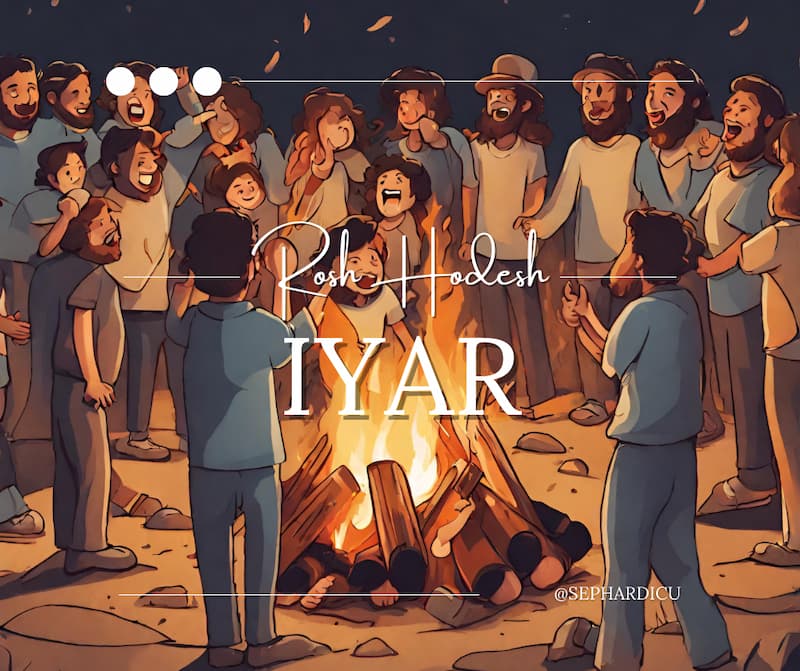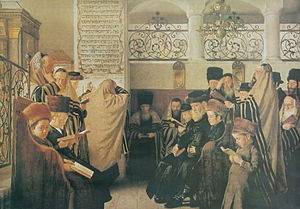The Significance of the Jewish Month – Rosh Hodesh Iyar
The new month of Iyar (Rosh Hodesh Iyar), nestled between the festive Passover season and the spiritually charged holiday of Shavuot, holds profound significance in the Jewish calendar. Here are several reasons why this month is revered:
Omer Counting
The second night of Passover marks the beginning of the Omer counting, a 49-day period of spiritual reflection and growth. Each day, Jews count the Omer, leading up to the holiday of Shavuot. It’s a time for introspection, self-improvement, and drawing closer to God.
Healing and Well-being
The name of the month, Iyar, is believed to be an acronym for the Hebrew phrase “Ani Hashem Rofecha,” meaning “I am the Lord, your healer” (Exodus 15:26). As such, Iyar is a time for prayers for healing and well-being. Many Jews take this opportunity to pray for the health of themselves and their loved ones.
Miracles in Jewish History
Iyar is associated with several miracles in Jewish history. During the Exodus from Egypt, the miraculous Manna began to fall from heaven in the month of Iyar, sustaining the Israelites during their journey in the desert. Additionally, it was in Iyar that the Israelites experienced the defeat of their enemies, such as the Amalekites, through divine intervention.
Israel Independence Day
Yom Ha’atzmaut, Israel’s Independence Day, falls on the 5th day of Iyar. This day commemorates the establishment of the modern state of Israel in 1948. It is celebrated with joyous festivities, including parades, concerts, and fireworks, as Jews around the world express their solidarity with the Jewish homeland.
Lag Ba’Omer Celebration
Lag Ba’Omer, the 33rd day of the Omer, is a day of celebration and joy. It is marked by bonfires, outings, and other festivities. According to tradition, Lag Ba’Omer commemorates the end of a plague that decimated the students of Rabbi Akiva during the time of the Bar Kokhba revolt. It is a day of unity and renewal, symbolizing hope and resilience in the face of adversity.
In conclusion, the month of Iyar is a time of spiritual reflection, healing, and celebration within the Jewish calendar. From the solemnity of Omer counting to the jubilation of Lag Ba’Omer and the joyous commemoration of Israel Independence Day, Iyar offers a rich tapestry of experiences that resonate with Jews around the world.









Parashat Behar – Weekday Torah Reading (Moroccan TeAmim)